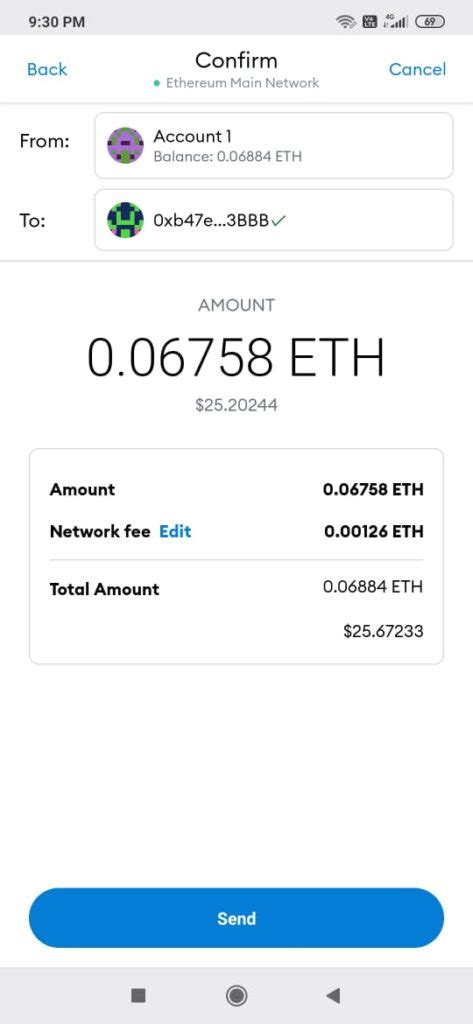Metamask: Ethereum Wallets for User Privacy
As the popularity of decentralized finance (DeFi) and non-fungible tokens (NFTs) continues to grow, user privacy remains a pressing concern. Traditional wallets like MetaMask have been criticized for their lax security practices and lack of transparency. However, several alternative wallet solutions have emerged that prioritize user privacy.
Desktop Wallets:
- MetaMask’s Fork, MetaMask Beta: While not specifically designed with privacy in mind, the beta version of MetaMask has a built-in logging feature disabled by default. This makes it one of the more secure options for users who want to minimize their digital footprint.
- LemonWallet: This desktop wallet is designed with anonymity and security in mind. It uses a local node to store funds and logs are not enabled by default, reducing the risk of data collection.
Mobile Wallets:
- MetaMask Mobile: The mobile version of MetaMask has improved logging capabilities compared to its web counterpart, making it more secure for users who want to minimize their digital presence.
- Binance Chain Wallet: Binance’s wallet offers a range of features designed with user privacy in mind, including the ability to store funds locally and log data by default.
Forked Forks:

- Tron’s Tron Wallet: This fork of Ethereum is built on the TRON blockchain, which has implemented several measures to reduce data collection and surveillance.
- Polkadot’s Polkadot Wallet: This wallet is designed to facilitate interoperability between different blockchain networks. It uses a decentralized network of nodes to store funds, reducing the need for centralized data storage.
Additional Features:
- Zero-Knowledge Proofs (ZKPs): Some wallets like Tron’s and Binance Chain Wallet offer ZKPs, which enable users to prove their identity without revealing any information about themselves.
- Homomorphic Encryption: Other wallets, such as Polkadot Wallet, use homomorphic encryption to allow users to perform computations on encrypted data without revealing the underlying secrets.
Conclusion:
While there are no Ethereum wallets that completely guarantee user privacy, several alternatives have been developed with security and anonymity in mind. When choosing a wallet, it’s essential to consider your specific needs and preferences, as well as the level of security you’re willing to accept. By exploring these options, users can take steps towards protecting their digital assets and maintaining their online security.
Recommendations:
- Research each wallet thoroughly: Understand their features, security practices, and logging policies before making a decision.
- Choose wallets that prioritize user privacy: Look for wallets with features like local node storage, zero-knowledge proofs, and homomorphic encryption.
- Consider the level of security you’re willing to accept: Balance your desire for anonymity with the need for robust security practices.
By being informed and making an educated choice, users can minimize their digital footprint and protect their assets in a rapidly evolving blockchain landscape.
